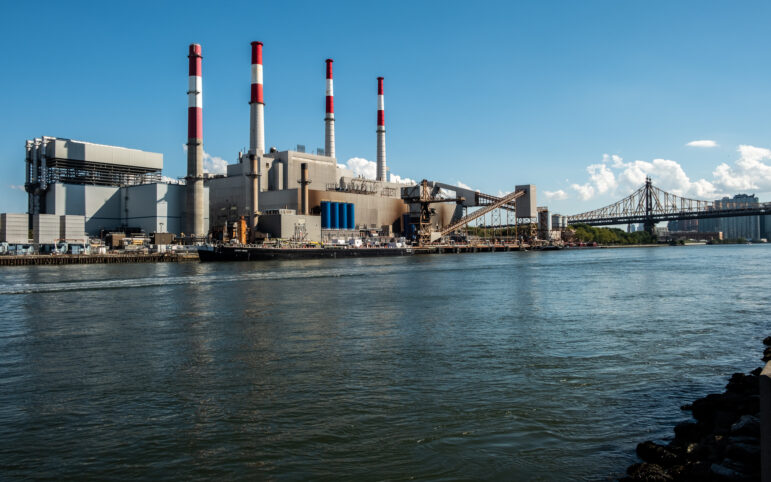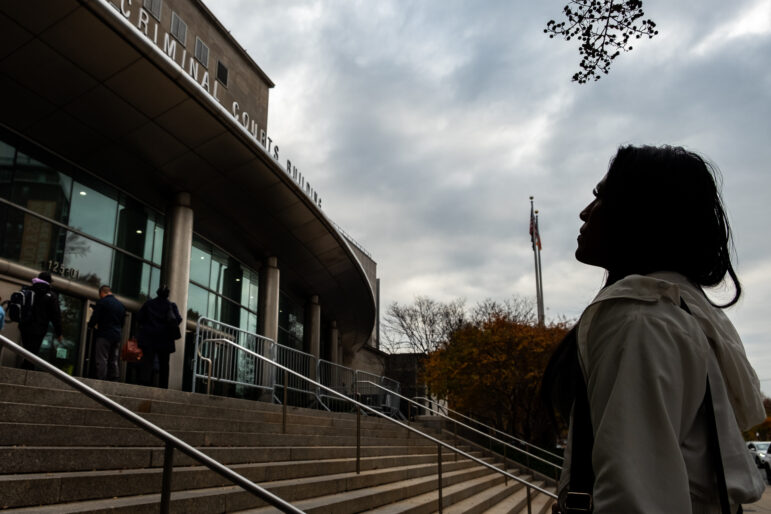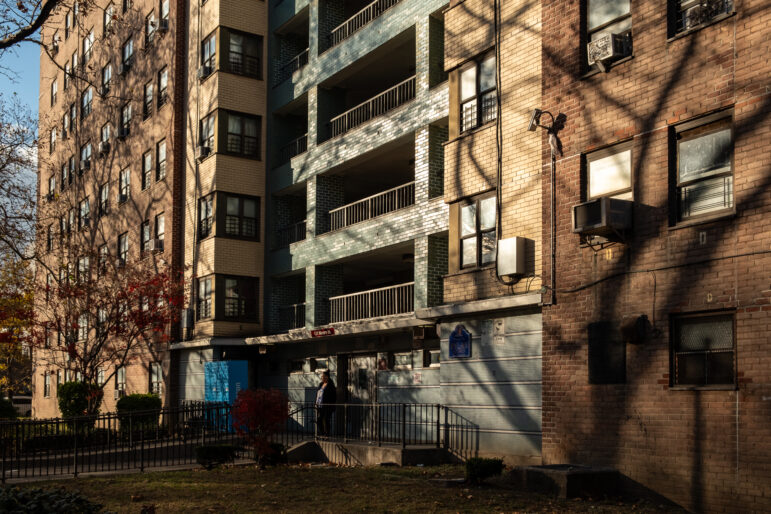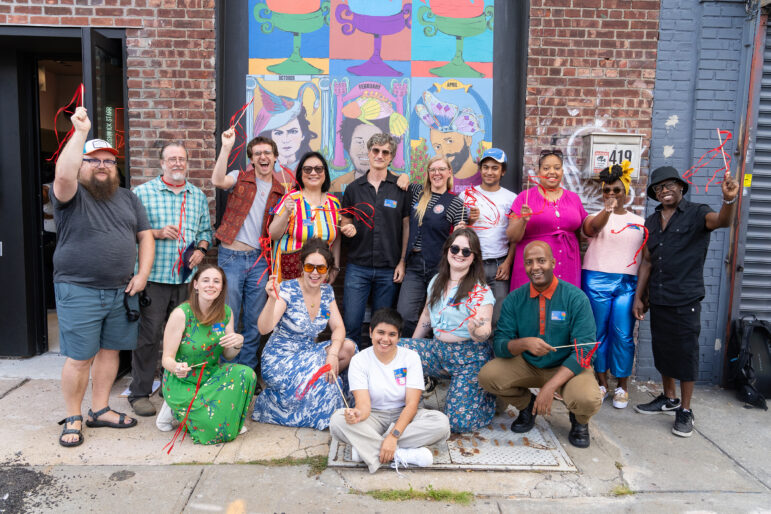
Office of the DA, Murphy, Talwar, NYPD
Queens DA-elect Melinda Katz, Rikers Island, ‘car culture’ and then-NYPD Commissioner James O’Neill played parts in some of 2019’s top stories.Is anything more obligatory and arbitrary than the end-of-year Top 10 list? Probably not. But like other rituals, the year-in-review schtick does provide a chance to take stock and note the passage of time. On this week’s Max & Murphy Show, your hosts agreed on their list of the biggest stories to affect New York City this year. Let us know via the comments below what we missed.
Democratic control of Albany: The Democrats’ commanding majority in the State Senate helped push through a slew of progressive legislation covering everything from reproductive rights to gun control, LLC loopholes to farmworkers rights, fossil fuels to bail reform. They failed to get to marijuana legalization, there was little real appetite for single-payer health care, and both public campaign financing and congestion pricing were outsourced to commissions to come up with the details, but it’s hard to call the 2019 legislative session anything short of historic.
Rent regulation reform: This was also a product of Democratic control, but is so significant it deserves its own category, as power shifted decisively from landlords to tenants within a system that governs rents on nearly a million New York City apartments. Ending vacancy decontrol and vacancy bonuses, reining in preferential rents and Major Capital Improvements, cracking down on harassment, even offering more protection to mobile-home residents—that the rent bill has received pushback is no surprise given how far it pushed forward.
Mayor de Blasio’s failed presidential bid: The culmination of years of flirting with the national stage was a brief, low-wattage campaign that trotted out a couple decent ideas, got its man a momentary glimpse of spotlight, triggered new fundraising questions, diminished the mayor’s local standing and national image and was clearly the story of a candidate bringing too little, too late to a crowded field to make any kind of difference. Other than that, though, it was a smashing success.
The NYCHA settlement: The feds and the de Blasio administration finally inked a deal to settle charges involving lead monitoring and other woes – the feds managing to play taskmaster without forking over any of the money they have shorted NYCHA over the previous two decades. But state money was finally released, a monitor was appointed, a new chairman came in and there was some movement on plans for repairs.
Criminal justice policy moves: The passage of bail and discovery reform in Albany was only the first part of the story. The NYPD fired Daniel Pantaleo, the City Council voted to build four new jails in order to effect the closure of Rikers, and de Blasio welcomed his third police commissioner. Unable for years to find facts to support the idea that crime was increasing under the Democratic mayor, conservatives took to predicting that the bail and discovery reforms would threaten public safety.
Homelessness persists: The shelter numbers didn’t change much but the conversation did, as de Blasio agreed to set aside units in subsidized buildings for the homeless and reshaped a street-homelessness plan to include not just more outreach but also new housing. Battles over the location of homeless shelters got ugly in some places.
Climate change: In its own version of the Green New Deal, the city moved to further curtail greenhouse-gas emissions from buildings. The state set ambitious goals for getting rid of fossil fuels, then traded blows with natural gas companies that new pipelines were needed to avoid shortfalls. As evidence of the inevitability of climate-change impacts mounted, de Blasio moved to shore up lower Manhattan, but broader resiliency issues remained largely unanswered.
The “car culture”: Council Speaker Corey Johnson called out the “car culture” as harmful and won the creation of a streets master plan to try to reshape it. The 14th Street Busway was a hit, commercial waste hauling was revamped and the taxi medallion industry came under harsh scrutiny. A spike in cyclist deaths caused concern.
MTA drama: A massive new capital plan, Andy Byford’s non-resignation and storms over sex offenders, fare evasion and a plan to put 500 new cops on the system.
The elections of an “off year”: 2019 was supposed to be a break between the statewide elections of 2018 and the calamity of the 2020 presidential race. But there was a crowded special election for public advocate in February, an ohsoclose Democratic primary for Queens district attorney in June and a set of five ballot questions on changing the city charter to permit ranked-choice voting, bolster the CCRB and more.









One thought on “The 10 Stories that Shaped New York City in 2019”
The reason the US economy can be dominated by “external” crises. It could be a world financial crisis or a crisis stemming from geopolitical tensions.